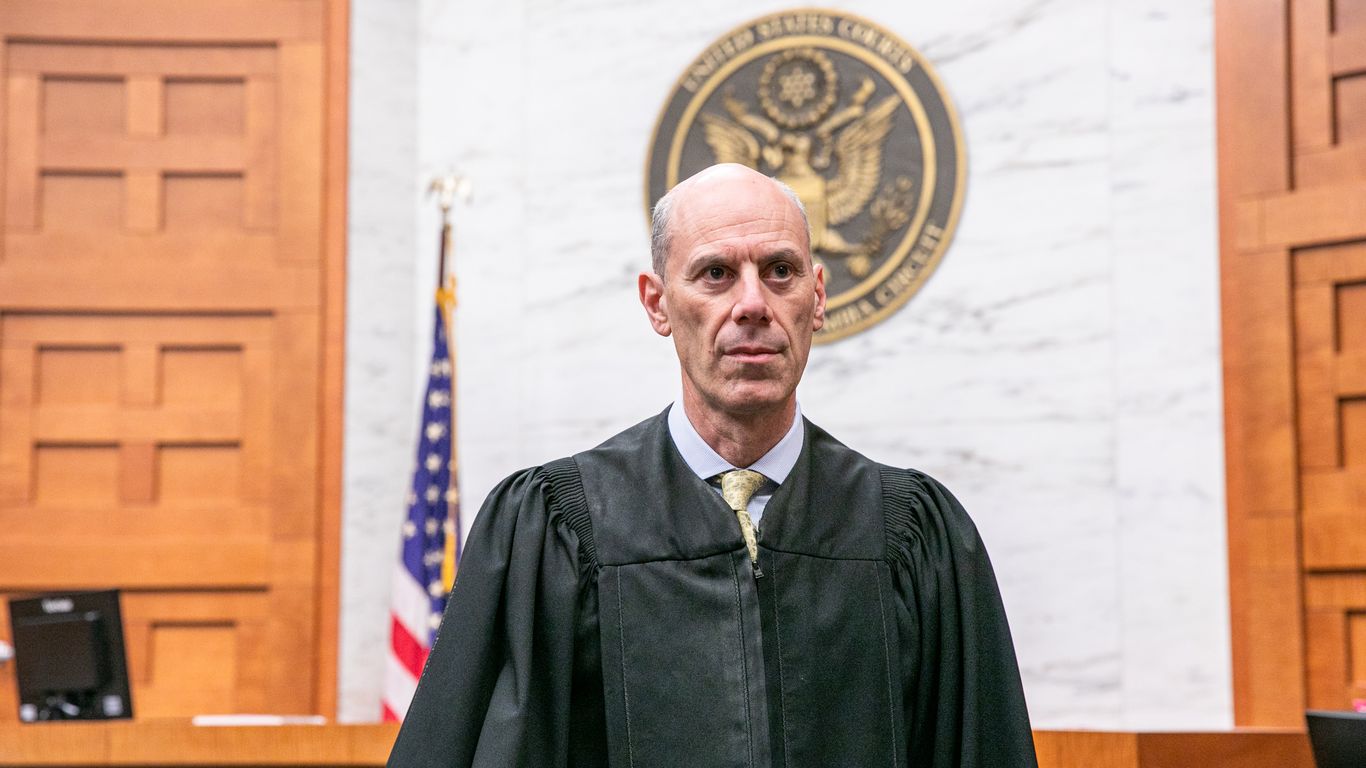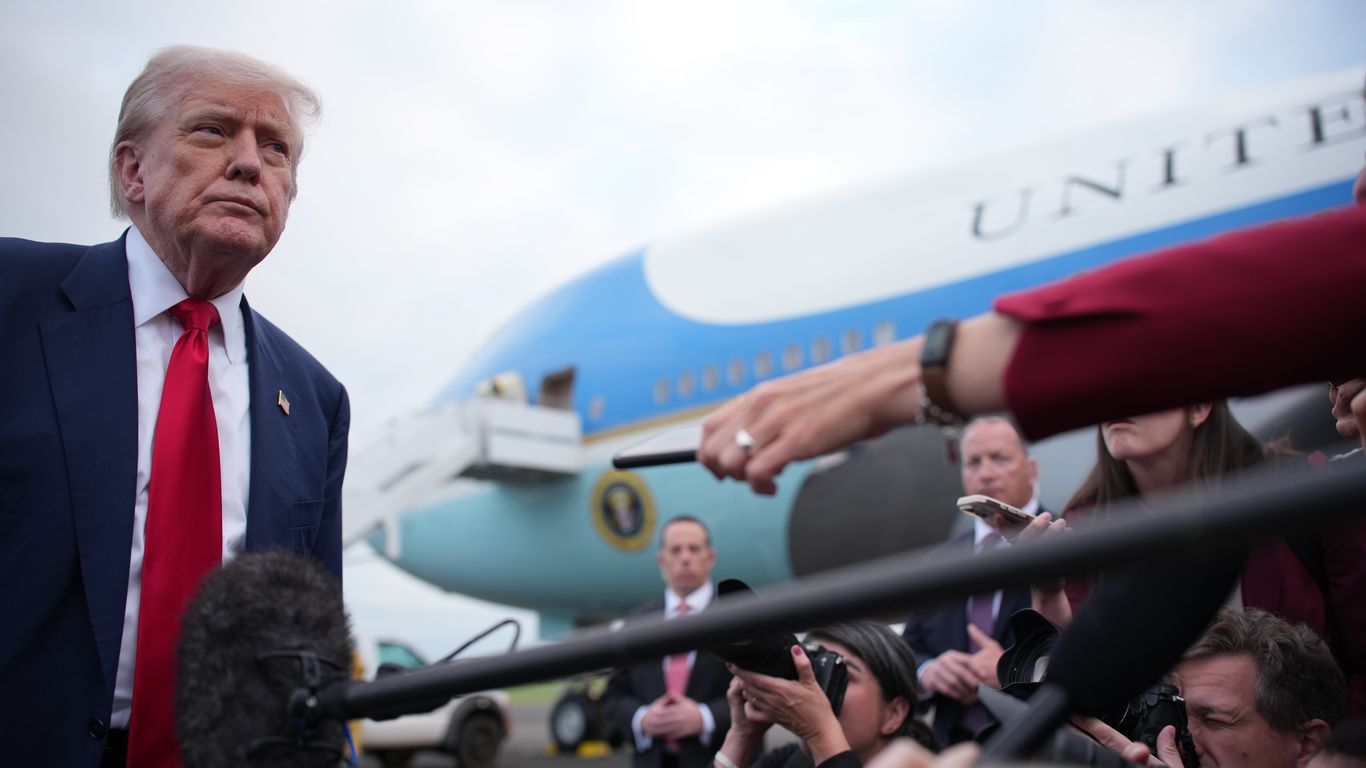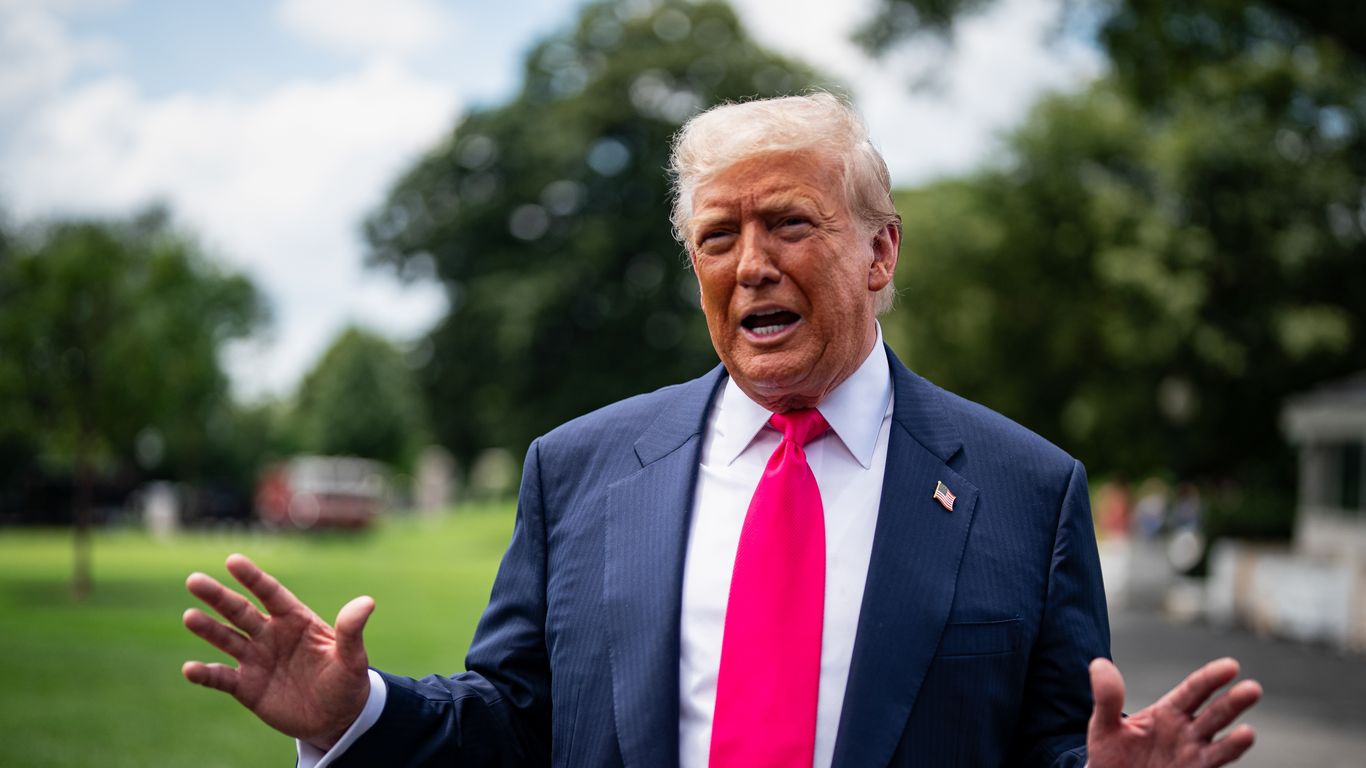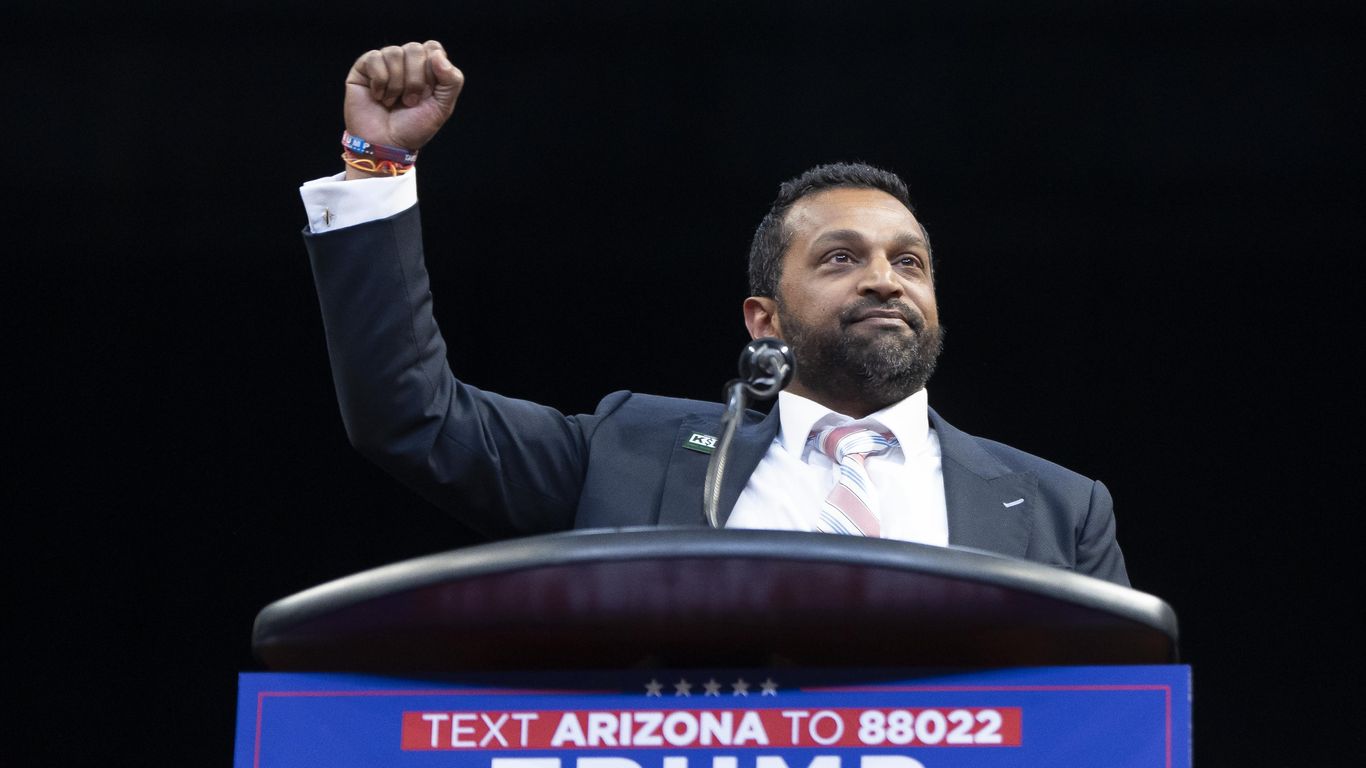DOJ Terminates Employee for Assaulting Federal Officer in Washington, DC

Introduction
The Department of Justice has terminated an employee after he was charged with assaulting a U.S. Customs and Border Protection officer in Washington, DC. The incident was captured on video and shared on social media by FBI Director Kash Patel, showing the man throwing a Subway sandwich at the officer.
Key Details
The man, identified as 25-year-old Nathan Durland, was arrested and charged with assaulting a federal officer and disorderly conduct. According to court documents, Durland became agitated after he was asked to step back from the officer during a routine inspection. He then threw the sandwich at the officer, hitting him in the face. The officer sustained minor injuries and Durland was taken into custody.
Impact
This incident raises concerns about the safety of federal officers and the consequences of assaulting them. It also brings attention to the need for proper training and de-escalation techniques to handle disruptive or aggressive individuals. The DOJ's decision to terminate Durland sends a clear message that such behavior will not be tolerated and that there are serious consequences for those who choose to act violently towards law enforcement officers.
About the People Mentioned
Kash Patel
Kash Patel is a prominent figure in U.S. law and national security. Born on Long Island, New York, to Indian immigrant parents of Gujarati ancestry, Patel grew up in a culturally diverse background. He graduated from the University of Richmond with a degree in criminal justice and history in 2002. Later, he earned a law degree from Pace University and a certificate in international law from University College London[1][3][4]. Patel began his career as a public defender in Miami-Dade County, Florida, handling complex cases such as murder and drug trafficking. He later transitioned to the U.S. Department of Justice, where he worked as a terrorism prosecutor and liaison officer to the Joint Special Operations Command (JSOC), overseeing investigations against Al-Qaida and ISIS[1][2][3]. Notably, Patel served as the national security advisor and senior counsel for the House Permanent Select Committee on Intelligence (HPSCI), playing a key role in the investigation into Russia's influence on the 2016 U.S. presidential election. He was also a principal author of the controversial "Nunes memo" related to this investigation[3][4]. In recent years, Patel became chief of staff to the acting Secretary of Defense during the Trump administration. He has also been involved in publishing, writing books such as the "Plot Against the King" series and "Government Gangsters: The Deep State, the Truth, and the Battle for Our Democracy"[4]. As of February 2025, Patel became the ninth Director of the FBI, marking a significant shift in his career trajectory. His appointment and subsequent actions have garnered attention due to his background and political affiliations[1][6].
About the Organizations Mentioned
Department of Justice
The **United States Department of Justice (DOJ)** is a federal executive department responsible for enforcing federal laws, ensuring public safety, defending the interests of the United States, and upholding civil rights. Established in 1870 to consolidate federal legal affairs under the Attorney General, the DOJ has grown into a vast organization with over 115,000 employees and a budget exceeding $22 billion[1][4][5]. It operates through more than 40 component organizations, including prominent law enforcement agencies such as the Federal Bureau of Investigation (FBI), Drug Enforcement Administration (DEA), Bureau of Alcohol, Tobacco, Firearms and Explosives (ATF), and the U.S. Marshals Service[1][4][5]. The DOJ’s core mission is to uphold the rule of law, keep the nation safe, protect civil rights, and ensure a fair and impartial administration of justice across federal, state, local, tribal, and international levels[2][5]. It investigates and prosecutes federal crimes, including terrorism, drug trafficking, organized crime, financial fraud, and cybercrime. The FBI, as the DOJ’s principal investigative arm, leads in areas such as counterterrorism, counterintelligence, and cybercrime[6]. Additionally, the DOJ manages federal prisons and provides leadership and resources to state and local law enforcement agencies. Historically, the DOJ’s origins trace back to the Judiciary Act of 1789, which created the Attorney General's office. Its establishment as a separate department in 1870 allowed for greater coordination of federal law enforcement and legal representation of the government[2][4]. Over time, the DOJ has played a critical role in landmark civil rights enforcement, combating organized crime, and adapting to modern challenges such as cyber threats and international criminal cooperation[1][5]. Today, headquartered in Washington, D.C., with field offices nationwide and abroad, the DOJ continues to influence national security and justice policy, balancing traditional law enforcement with evolving technological and societal demands.
FBI
The Federal Bureau of Investigation (FBI) is a premier law enforcement agency in the United States, renowned for its role in protecting the nation from domestic and international threats. Founded on July 26, 1908, as the Bureau of Investigation, it was initially tasked with addressing land fraud and corporate malfeasance under President Theodore Roosevelt[1][2]. Over time, its mandate expanded significantly, particularly with the passage of the Mann Act in 1910, which allowed federal jurisdiction over certain moral offenses[1][4]. ### History and Evolution The FBI underwent significant transformation under J. Edgar Hoover, who became its director in 1924. Hoover implemented strict hiring standards and enhanced operational capabilities, transforming the agency into a robust investigative force[1][4]. The FBI's name was officially changed to the Federal Bureau of Investigation in 1935[5][6]. Throughout its history, the FBI has faced challenges, including concerns about potential abuses of power, but it has consistently demonstrated its value in national security and law enforcement[3][4]. ### Key Achievements The FBI has been instrumental in combating various crimes, including white-collar offenses, civil rights violations, and national security threats. Notable achievements include its role in enforcing the Espionage Act during World War I and its investigations into organized crime throughout the 20th century[2][4]. ### Current Status Today, the FBI is a sophisticated agency with over 37,100 employees, including special agents and professionals in various fields such as intelligence analysis and cybersecurity[5]. It operates in 55 field offices across the U.S. and has an international presence in 81 nations[5]. The FBI continues to evolve, addressing emerging threats like cybercrime and terrorism while maintaining its commitment to justice and integrity. ### Notable Aspects The FBI is known for its rigorous training programs at the FBI Academy in Quantico, Virginia, and its advanced forensic capabilities at the FBI Laboratory. Its work in business and technology includes


















